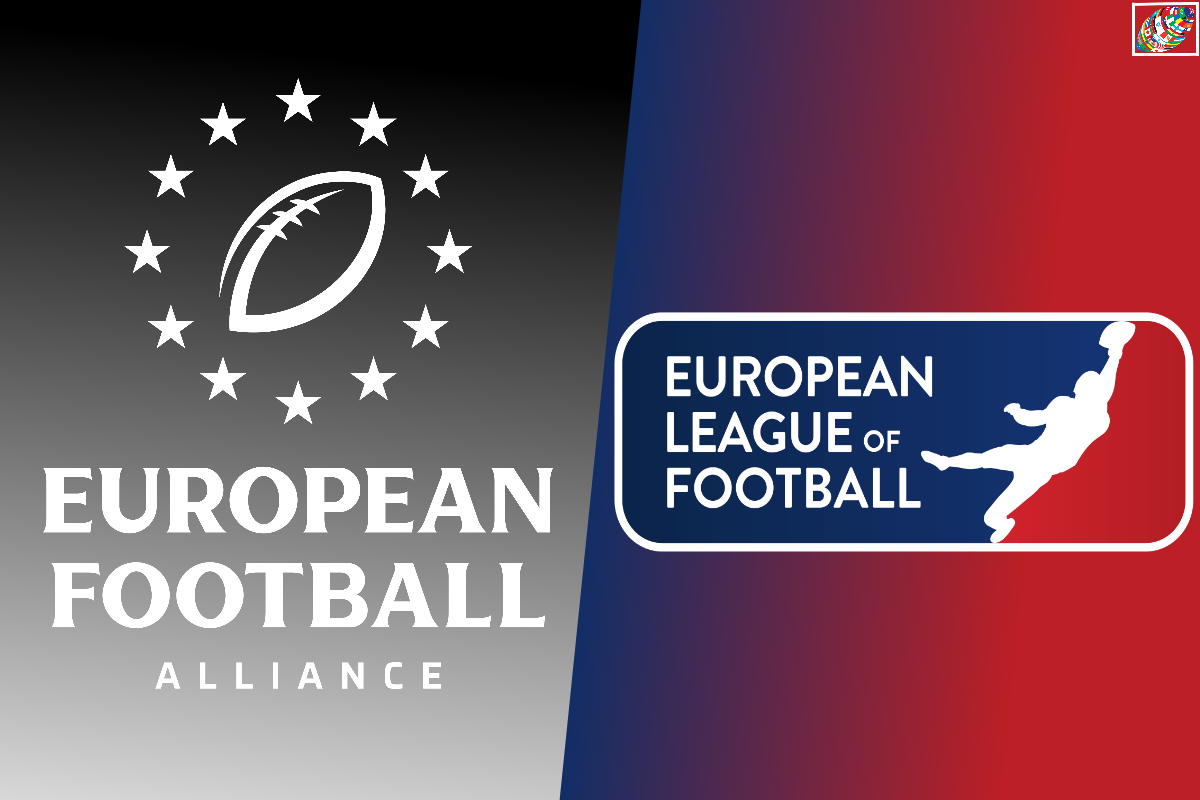European Football Alliance continues to forge an independent path after ELF talks

The European Football Alliance (EFA) has accelerated plans to establish a rival league by 2026, citing governance disputes and financial instability within the European League of Football (ELF), as tensions between the factions reshape Europe’s gridiron landscape.
Leadership chaos fuels EFA’s resolve
A recent mediation call involving new ELF co-CEO Ingo Schiller, broker Patrick Esume and EFA representatives failed to bridge divisions. EFA members criticized the ELF’s “unattractive structures” and misaligned leadership, with one member stating, that the ELF shareholders structures are really a mess. The EFA, comprising nine current ELF teams, will finalize governance models at a Frankfurt summit, prioritizing NFL-style team ownership over the ELF’s centralized control.
ELF faces financial exodus
All ELF franchises reportedly struggle with losses, exacerbated by what insiders call a “disastrous” merchandise strategy. Former Berlin Thunder executive Björn Werner revealed €500,000 annual deficits under ELF management, while anonymous owners confirmed interest in exiting the league. Schiller, tasked with stabilizing ELF finances, has yet to engage the EFA despite pledging “constructive coordination” with teams.
EFA’s 2026 vision gains momentum
The EFA plans to launch with 10–12 teams, including nine current ELF franchises (Madrid Bravos, Frankfurt Galaxy, Wroclaw Panthers, etc.) and non-ELF clubs. Its NFL-style governance model—prioritizing shared revenue and transparency—contrasts sharply with the ELF’s centralized structure. In a significant move, the Nordic Storm—an ELF expansion team added in 2025—joined the alliance in late July 2025, signaling growing dissent within ELF ranks. The EFA has not disclosed additional applicants beyond its core members.
Leadership vacuum deepens ELF crisis
Schiller’s appointment follows high-profile ELF departures, including ex-Commissioner Patrick Esume and Frankfurt Galaxy executive Frank Wendorf, who clashed with Karajica. While Schiller brings Bundesliga and DFL experience, the EFA doubts his ability to reconcile Karajica’s influence with team needs.
Crossroads for European football
With the EFA targeting a 2026 launch and the ELF scrambling to retain franchises, the split threatens to fragment fanbases and sponsor interest. The EFA’s emphasis on transparency and shared revenue models challenges the ELF’s survival, setting the stage for a pivotal restructuring of the continent’s professional gridiron hierarchy.
